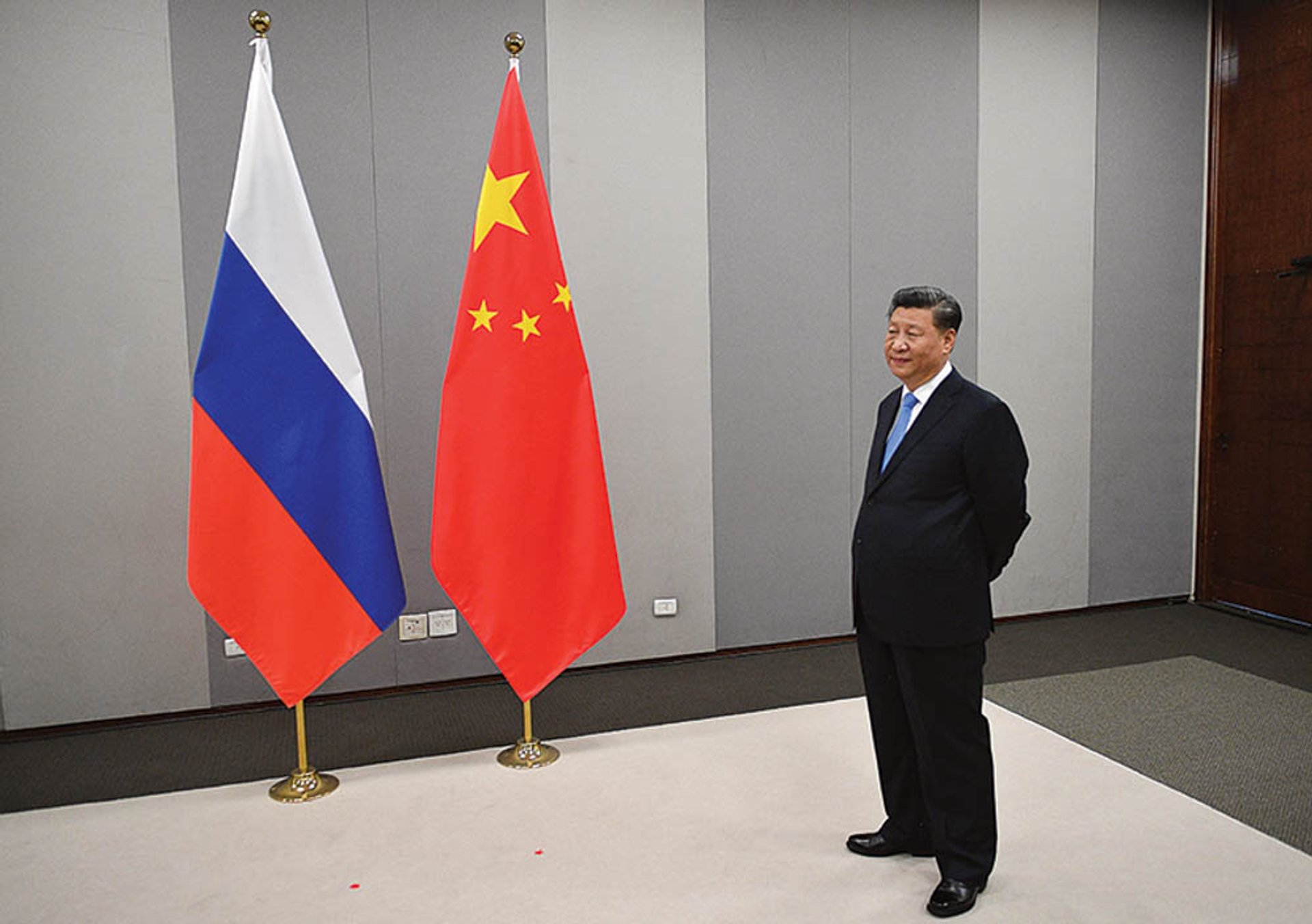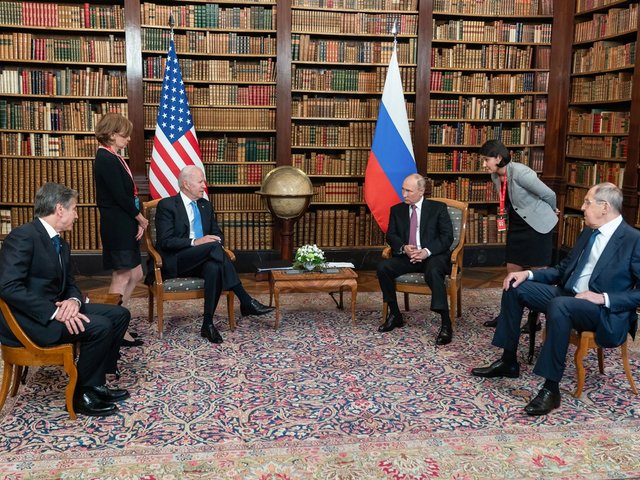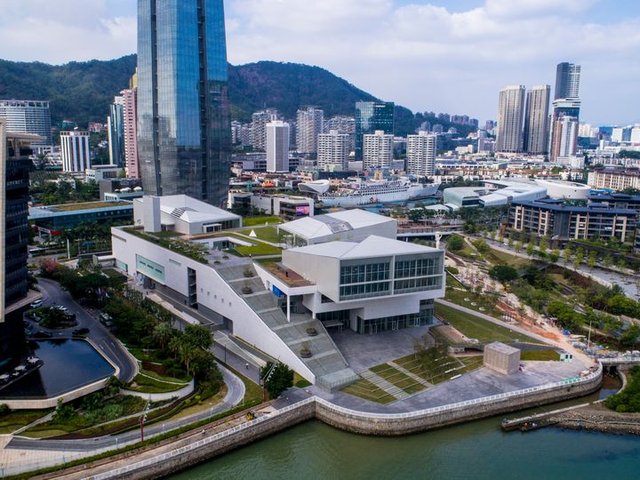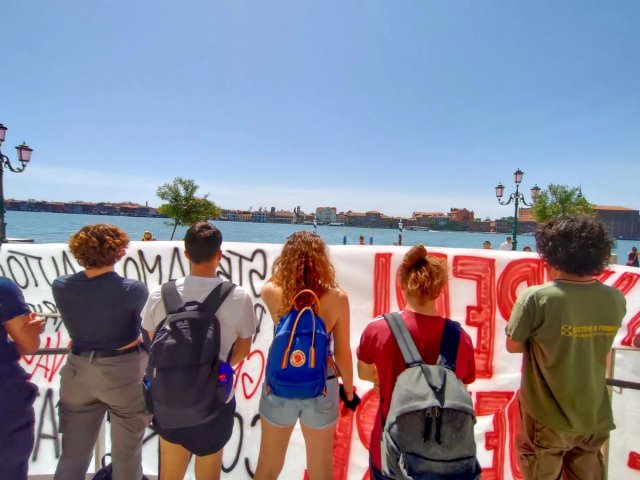The Nord Department, a regional government area in France, announced in late February that it was suspending plans for Matisse by Matisse, a collaboration between Musée Matisse le Cateau-Cambrésis and the private Beijing museum UCCA, over China’s alliance with Russia and tenuous neutrality following the invasion of Ukraine. The news came as a shock to the Chinese art world, whose outspoken support for Ukraine has gone mostly uncensored on Chinese social media. Scheduled to run from 26 March to 26 June at the private museum’s Beijing flagship venue and then at its Shanghai branch Edge, the show of more than 250 works would have been the first Matisse museum exhibition in mainland China.
“The decision of the president of Nord [Department] to suspend the Matisse exhibition at UCCA is an isolated event,” says Victoria Jonathan, a co-founder of Doors cultural consultancy, one of the organisers of the exhibition. “To our knowledge, no other international exhibition has been cancelled in China following the war in Ukraine,” Jonathan says. She highlights how UCCA’s new subsidiary, known as U2, launched with a collaboration with London’s Victoria and Albert Museum on 28 February, immediately after the war began. “The decision is difficult to understand. Despite an outward show of support to Russia, China is far from being at war with Ukraine. Moreover, joint efforts of both Chinese and French authorities to find a diplomatic outcome to the current crisis are continuous,” Jonathan adds.
Christian Poiret, the president of the Departmental Council of Nord, which owns the museum in Le Cateau-Cambrésis, issued a statement saying that “political ties between China and Russia” drove the decision, and that it was not intended to be “punitive”. “It is not against China, it is just that today I have to preserve French heritage… We do not know where this conflict will end, and we do not have sufficient guarantees to be certain to recover the works,” he added.

Below: China’s President Xi Jinping is following a policy of careful neutrality regarding its "frenemy” Russia’s invasion of Ukraine. © ITAR-TASS News Agency/Alamy Stock Photo
China’s wobbly balancing act over Ukraine has raised global concerns that China might provide Russian president Vladimir Putin with economic or even military support. While those remain hypotheticals, China could opt to at least ignore and thus weaken economic sanctions against its tepid diplomatic frenemy. Communist China’s relationship with Soviet and post-Soviet Russia has fluctuated as wildly as with the US, and President Xi Jinping is believed to see China as the third superpower in a newly tripolar world.
A “Bamboo Curtain”
Poiret’s comments nod towards speculation that the Ukraine invasion might prompt China to move against Taiwan, the independent democratic island China territorially claims. China, however, has made no recent military mobilisations, and Xi is undoubtedly watching the global censure of Russia closely. Nevertheless, the new cultural and economic Iron Curtain descending over Russia raises inevitable fears that a “Bamboo Curtain” isolating China could soon follow, undoing decades of cultural opening and dialogue in the country.
International anti-China sentiment “will probably depend on the evolution of its act towards Russia”, Jonathan says. “If Xi Jinping openly supports Putin, how will it affect cultural collaborations between France and China? Will it be reason enough for French institutions or artists to boycott the Chinese public or Chinese art and culture? In the end, we are facing an age-old debate: in a time of crisis, shall we use art as a means for peace and dialogue, or as a weapon for punishment?”
Western countries’ art exchanges in China continue to hum along, deterred only by a fresh wave of Covid-19 lockdowns across the country. Organisations such as the British Council and the Goethe and Cervantes Institutes maintain active programming in China, and partnerships between Chinese and Western museums continue to proliferate. Centre Pompidou x West Bund Museum Project, while declining to comment on Ukraine, confirmed that its ongoing Sino-French collaboration is unaffected, and still plans to bring Women in Abstraction to Shanghai (30 April to 11 September) as well as staging two more solo presentations of Chinese artists. In addition to its partnership with London’s Tate, the Museum of Art Pudong is currently hosting an exhibition from Musée du Quai Branly. Doors Art and Culture Agency has projects from the Alphonse Mucha, Albers and Dubuffet Foundations, the Lascaux Caves and Magnum Photos scheduled to tour China soon.
“Beyond their inability to understand the Nord’s decision, museums we work with in China expressed disappointment and of course some fear that other exhibitions organised with French or international museums would be postponed or cancelled,” says Doors agency co-founder Bérénice Angremy. “State decentralisation and the fact that such decisions can be taken by a local authority are not necessarily easy to grasp, especially in China. Fortunately, this decision is isolated and the museums we work with in China now feel reassured. Partnerships between Chinese and international institutions have accelerated in the past years, and the Chinese public is very eager to discover great masters or collections of Western art, as has been proven by the recent exhibitions organised with the Centre Pompidou, the Tate, the British Museum, the Andy Warhol Museum, etc.”
Even as Chinese state media attempts to blame America for Russian aggression, Chinese artists and curators continue to deluge social media with expressions of support for Ukraine. While the dancer and celebrity Jin Xing told Reuters that her Weibo account was suspended in early March after labelling Putin a “crazy Russian man”, pro-Ukraine and anti-Russian posts are largely allowed to remain up. “The art world in China is generally showing signs of support for Ukraine and an attitude towards peace, but there is no public engagement or demonstration outside the private and diplomatic spheres,” Angremy says. “Everyone is aware that some anti-war voices have been censored on Chinese social media and that official media tend towards a pro-Russian rhetoric. Artists in the privacy of their studios, or people in the arts in the privacy of their friends’ circles, have voiced their concerns on the geopolitical situation.”





